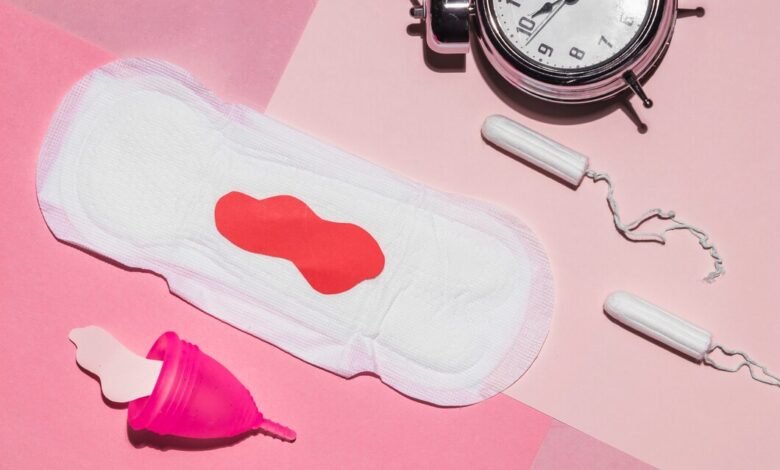The Struggles of Menstrual Health in Rural Communities

In the rural village of Ha Peterosi, Lesotho, the harsh realities of poverty and lack of access to basic sanitary products have forced many women and girls to adopt unconventional and often harmful alternatives during menstruation. Among them is 28-year-old Mareitumetse Lesofe, who disclosed that she uses animal hides as a substitute for sanitary pads due to her inability to afford them.
Coping with Limited Options
Mrs. Lesofe shared in an interview that she began using sheep hides at the age of 17 after getting married. “It’s free, accessible, and more comfortable than using torn cloths,” she explained. Her husband was unemployed, leaving her with no other option. Despite being a solution to her immediate financial struggles, this practice has left her feeling ashamed and isolated.
Similarly, 16-year-old Lineo Moloi, a young mother from Liseleng, has never consistently used sanitary pads since starting menstruation at age 13. “I used torn blanket pieces introduced by my mother,” she recounted tearfully, adding that her heavy flow often resulted in embarrassing incidents at school, forcing her to skip classes during her periods.
Health Risks of Improvised Methods
Using materials such as animal hides, cloths, or even disposable pads repeatedly can expose women to serious health risks. Dr. Peter Sangarwe, a district veterinarian, highlighted potential dangers such as infections from anthrax and other bacteria found in untreated hides. Additionally, health mentor Kontjoase Sekonyela explained that improper cleaning of reusable cloths could lead to infections, including bladder infections and cervical cancer.
Cultural and Financial Barriers
The cost of sanitary pads in Lesotho averages M24.00 for a pack of ten, a price many rural families cannot afford. As a result, alternatives like cloths, hides, and even children’s diapers are common. The situation is mirrored in other parts of southern Africa, such as Zambia’s Western Province, where women use powdered cow dung as an absorbent material due to similar financial constraints.
Broader Implications
A lack of access to sanitary products affects not only physical health but also education and social well-being. Girls like Moloi are forced to miss school, and many women isolate themselves out of embarrassment. This perpetuates a cycle of poverty and inequality, making it challenging for communities to thrive.
Efforts to Address the Issue
Organizations like the United Nations Population Fund (UNFPA) have stepped in, distributing dignity kits containing sanitary pads and hygiene products to vulnerable households in Lesotho. These initiatives aim to restore dignity to women and girls while advocating for comprehensive sexual and reproductive health rights.
However, more needs to be done to address the root causes of period poverty. Increasing awareness, reducing the cost of sanitary products, and providing education about menstrual hygiene are essential steps toward ensuring that all women and girls can manage their menstruation safely and with dignity.
The stories from Ha Peterosi and other rural communities highlight the urgent need for systemic change. Menstrual health is not a luxury but a fundamental human right. It is vital for governments, NGOs, and local communities to work together to create sustainable solutions that empower women and girls, ensuring they no longer have to choose between their health and their dignity.
Join 'Lesotho News' WhatsApp Channel
Get breaking Lesotho news — delivered directly to your WhatsApp.
CLICK HERE TO JOIN



